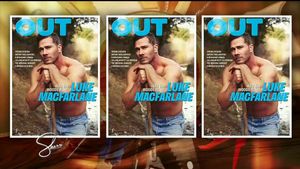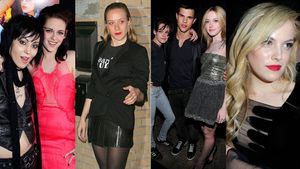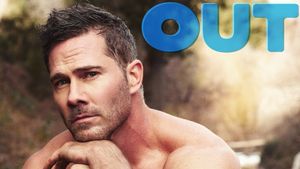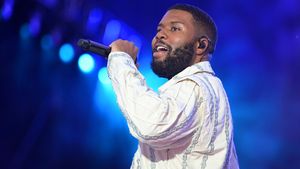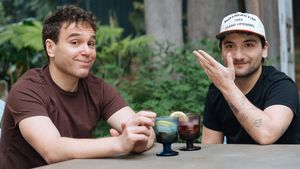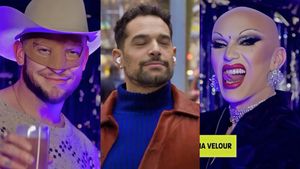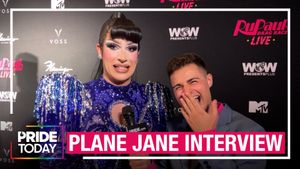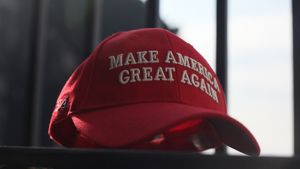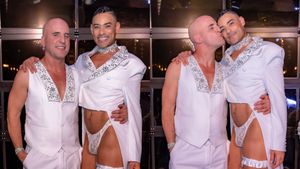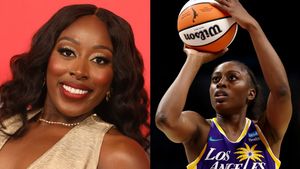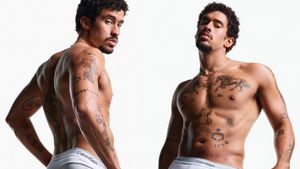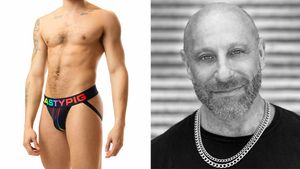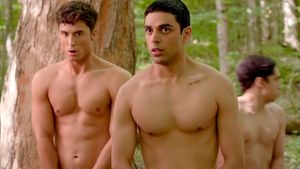I pulled into the driveway in my red-hot, middle-aged hooptie. Small and scuffed rough, with an inconsistent sheen, it had a ragged look that said nothing about its reliability as a mid-'90s Honda Civic. But the jewel was in the cargo. Riding high in the back was my then-4-year-old son -- a rugged, sweet beauty of a little brown boy in a navy blue NASA jacket and rain boots. The kind of little guy who could build complex Lego airplanes, work a Transformer in minutes, and use a multisyllabic new word after learning it once. A mischievous charmer who could romance a pretty girl in his Batman gear and get the digits of her captivated mama with his conversational stylings and a flash of his killer smile.
We had just come from one of our adventures at the "waterfall," the landmark Oakland fountain that flows luminescent through redwoods and creek bed. We did our thing, having packed our adventure backpack with rope, binoculars, snacks, juice boxes, and something to scoop up river rocks. It was what my son deemed "boy time" at its finest: him and Dada hanging in the woods, jumping rocks, being dudes together. Never mind the gender requirements. It was our special time.
We established our self-protection as we fought invisible bad guys lurking in the forest. We investigated nature as we gathered flat, smooth rocks and evaluated their colors and textures. And it was a time of immense wonder. "Dada, how old are the redwood trees? How far away is the moon?"
As I turned off the engine, he asked, simply, in his high little voice, "Dada, are you a man?"
I pocketed the keys and thought, Cool, this is it. It was time to answer to that parental call of duty, teacher of life's mysteries and miracles, with a continuation of the Pride conversation we'd initiated six months earlier, about men who love men and women who love women, boys who feel like girls, and girls who feel like boys. At the time, he contemplated the options and pronounced, "I'm a boy who feels like a boy, and I'm a man who loves women."
But this was me we were talking about, so I responded, "Sort of. I wasn't born a guy, but I feel like a guy."
"Were you born a girl?"
"Yeah, but I think I'm a guy. I always have. But not everybody sees me that way." I noted my non-medically transitioned female voice and body as I spoke and considered how it might be confusing to him that people sometimes assumed I was his "mama."
He thought about it.
"People like me are called transgender. Can you say 'transgender'?" I asked.
"Transgender," he said, enunciating very well. I could see the wheels turning. Then his eyes lit up with the fire of a new wonder to behold. "You're a transformer! But not exactly that -- you're a person who transforms!"
"That's right!" I said, amazed at his ability to draw connections.
"Dada, there aren't that many people who are transgender."
"Yeah, but I know a lot of people who are."
"Mama's not transgender. You're way more like a man than Mama is. I'm not transgender."
"Yeah, 'cause you're a boy who feels like a boy. I super-love you."
"I super-love you, Mister." And he smiled that killer smile.
On this Father's Day, I recognize that many transgender parents are struggling for acceptance from their families and the larger society. But I also know that many kids are honoring their trans fathers, and that more and more live with social acceptance and even celebration of diverse families. I hope that this story takes the shaming, hatred, and hostility that is directed at us and instead reframes trans experience as special, even a superpower.
 WILLY WILKINSON is the author of the Lambda Literary Award-winning book Born on the Edge of Race and Gender: A Voice for Cultural Competency, which this piece was excerpted from.
WILLY WILKINSON is the author of the Lambda Literary Award-winning book Born on the Edge of Race and Gender: A Voice for Cultural Competency, which this piece was excerpted from.
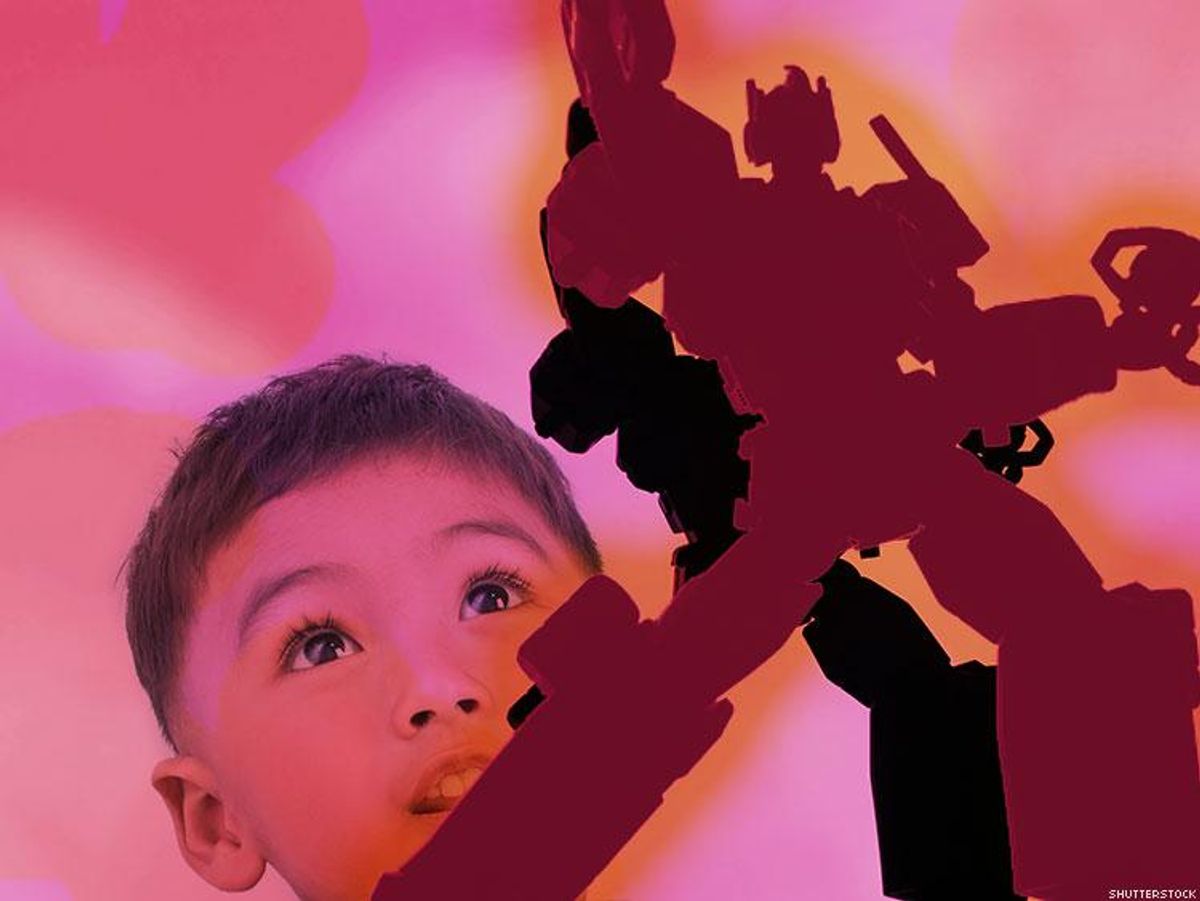

 WILLY WILKINSON is the author of the Lambda Literary Award-winning book
WILLY WILKINSON is the author of the Lambda Literary Award-winning book 




























